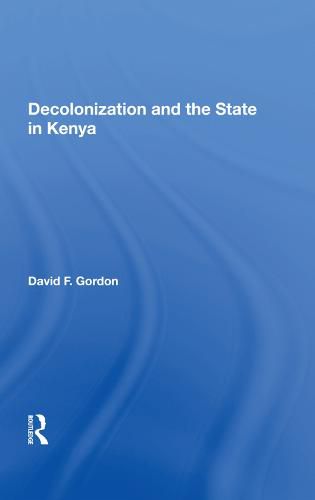Readings Newsletter
Become a Readings Member to make your shopping experience even easier.
Sign in or sign up for free!
You’re not far away from qualifying for FREE standard shipping within Australia
You’ve qualified for FREE standard shipping within Australia
The cart is loading…






In this book the author examines the efforts of the colonial regime to shape the process of decolonization in Kenya from the end of World War II until independence in 1963, focusing on the conflict between the state’s two imperatives-promoting economic development and establishing and maintaining control. Dr. Gordon reviews the different political strategies devised by senior colonial officials in response to the growing socioeconomic and political tensions within Kenya and to the evolving guidelines emanating from London. He looks at how these strategic assumptions affected the policies the colonial regime attempted to implement in the areas of land and agriculture, labor and industrial relations, and the development of African trade. He challenges the view that the colonial regime effectively dominated and determined the direction of decolonization and concludes by relating the findings of the Kenyan case to wider debates about the meaning of decolonization in Africa.
$9.00 standard shipping within Australia
FREE standard shipping within Australia for orders over $100.00
Express & International shipping calculated at checkout
Stock availability can be subject to change without notice. We recommend calling the shop or contacting our online team to check availability of low stock items. Please see our Shopping Online page for more details.
In this book the author examines the efforts of the colonial regime to shape the process of decolonization in Kenya from the end of World War II until independence in 1963, focusing on the conflict between the state’s two imperatives-promoting economic development and establishing and maintaining control. Dr. Gordon reviews the different political strategies devised by senior colonial officials in response to the growing socioeconomic and political tensions within Kenya and to the evolving guidelines emanating from London. He looks at how these strategic assumptions affected the policies the colonial regime attempted to implement in the areas of land and agriculture, labor and industrial relations, and the development of African trade. He challenges the view that the colonial regime effectively dominated and determined the direction of decolonization and concludes by relating the findings of the Kenyan case to wider debates about the meaning of decolonization in Africa.